
Cesar Benjamin

Darc Costa

Cano

Ferrer

Gonçalves

Medeiros
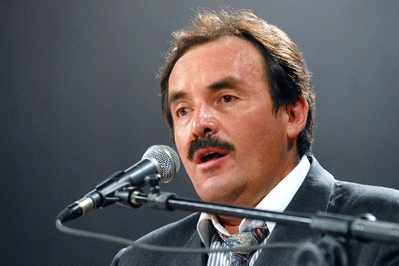
Naranjo
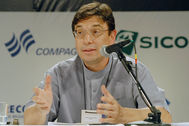
Pochmann
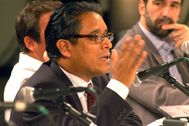
Rivas

Sicsú
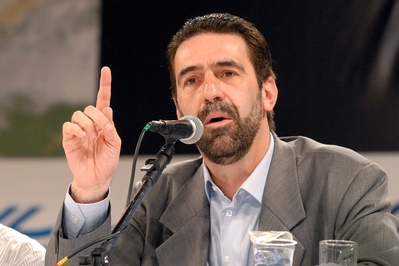
Verri
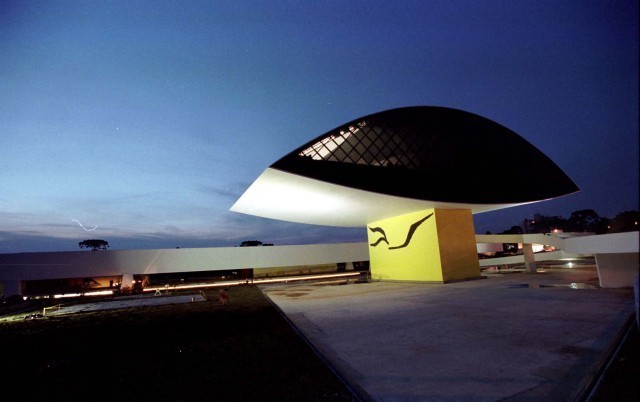
Mon
Brazilian national project must be able to make the country "a center that is not an empire," a nation of "solidarity, brotherhood and fair," said this Thursday (11) the engineer Darc Costa, Doctor in Engineering, by Federal University of Rio de Janeiro (UFRJ) and former vice chairman of Banco Nacional de Desenvolvimento Economico e Social (BNDES). "What is our destiny in this crisis? That is what our project of nation must respond, "defended.
The ways to stop the effects of the crisis in Brazil are political, rather than economic, said this Wednesday (10) the economist Marcio Pochman, president of the Institute of Applied Economic Research (IPEA). "Brazil was among the first countries to emerge from the crisis of 1929, because reoriented its project of nation. Washington Luis (last president of the old republic) said that the coffee crisis would be overcome with the planting of orange. What we would be today if we had followed that idea? ", Compared, in their participation in the international seminar" Crisis - Directions and Truths ", organized by the government of Parana in Curitiba.
According to Cesar Benjamin, this seminar should serve as a warning that time is not indifferent. He said the crisis will not wait as long as you want in this scenario and the erratic behavior is the worst thing you can have. "We can go to the worst possibly for not to be able to avoid the worst" he said. Benjamin suggested that the fighting is done with more aggression, based on consistency and speed on all fronts. "You'd better be prepared for worse scenarios than being surprised by them," he added.
Nagative things must become positive. We have an extremely poor society, a society where there are still millions of poor and miserable. Therefore, the output to keep the Brazilian economy in pace of growth next year is to expand the amount and coverage of social programs. That money is placed in the hands of someone who has high propensity to spend, "said Cicsú
To address the crisis in Brazil we need a project to develop a plan for national sovereignty with strong long-term investments made by the State in housing, sanitation, transport, health and education. The idea was presented by economist and professor at the University of Campinas, Wilson Cano, in the afternoon round of discussions this Wednesday (10), at the seminar.
No developed country managed to move forward without a clear interventionist presence of the National State. Both in internal terms - whether as producer, inducing or stimulator - is in the external through its diplomacy, its currency or its armed forces, "he said. "It's an illusion to think that if you can grow and develop without the decisive presence of the state," added Cano.
According to Gonçalves, there are measures to contain the crises that were formed over 200 years by specialists and economists, and, in general, have not been taken into account by the Federal Government. The economist said that "remedies" involving intervention of the state are increasing the liquidity of the market, guarantee of financial restructuring and financial applications, nationalization of the financial system, exchange control, induction of consumption and investment and reducing the social impact of the crisis.
The director of the Central Bank of Venezuela, Jose Felix Rivas, identified in the economic crisis an opportunity for Latin American countries redirect the concept of integration that includes its peoples. Rivas warned against the mechanisms of economic and financial crisis, which may be an adjustment to start a new cycle in the global economy. He suggested initiatives of integration for countries of the South American continent must not lose the opportunity to create a new financial architecture.
Former Argentinian Minister of Finance Aldo Ferrer proposed the creation of a South American company on nuclear power, to consolidate the integration of South American countries, with direct impact on the development of the industrial sector of the continent.
In presenting a personal view and not the one of state's of public administration, as was keen to stress, Verri, who is a professor in the Department of Economics at the State University of Maringá (UEM) and Doctor on Integration of Latin America by the University of São Paulo (USP ), said to believe that the current crisis will deepen the process of South American integration. "Our countries are going to talk much and I have no doubt that we will build faster and more effective policies, strengthening this process," he said.
Brazil will have a key position to allow the resumption of a Latin American integration process. It was said by, the professor at the Federal University of Rio de Janeiro (UFRJ), Carlos Medeiros, during the seminar Crisis: Towards and Truth, promoted by the government of Parana in Curitiba. Medeiros earned a Ph.D. in Economic Science, at the University of Alberta.
According to him, more than ever, the process of regional integration on Latin American trade ties. "The crisis is located, but manifests itself in a depth among the peripheral countries. That depth is associated with the degree of exposure and vulnerability to external international flows, which makes it sustainable or not, at long-term, the balance of payments of each economy, "he explained.
The Master in Economics and official of the Ecuadorian Central Bank, March Naranjo Chiriboga, asked help from the Mercosur countries, mainly from Brazil, to overcome the global financial crisis. He believes that Ecuador, which has no own currency and uses the U.S. dollar for internal commercial transactions, will feel the results of crisis in a more pronounced way and will be one of the most affected countries in Latin America.

 e-mail:
e-mail:
 Homepage:
Homepage:
